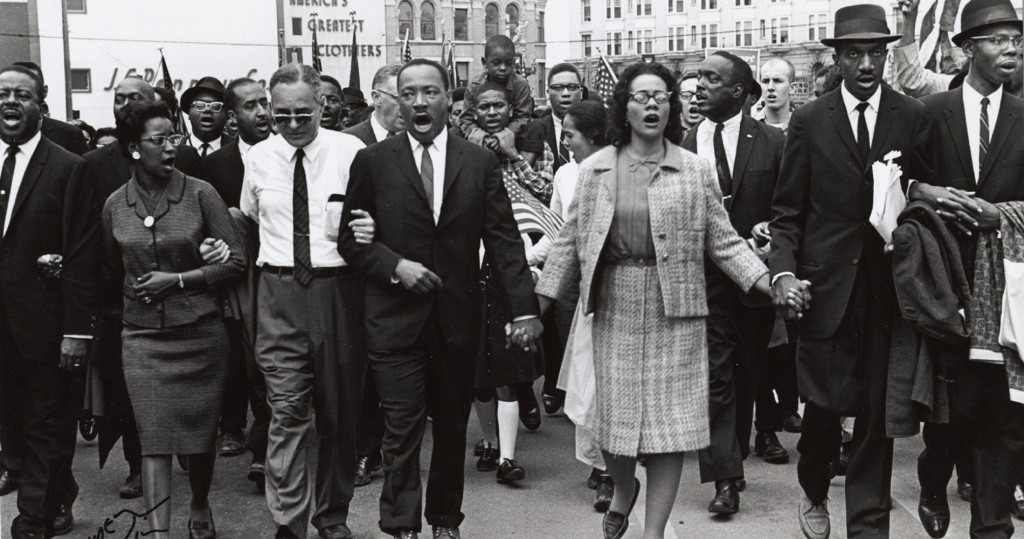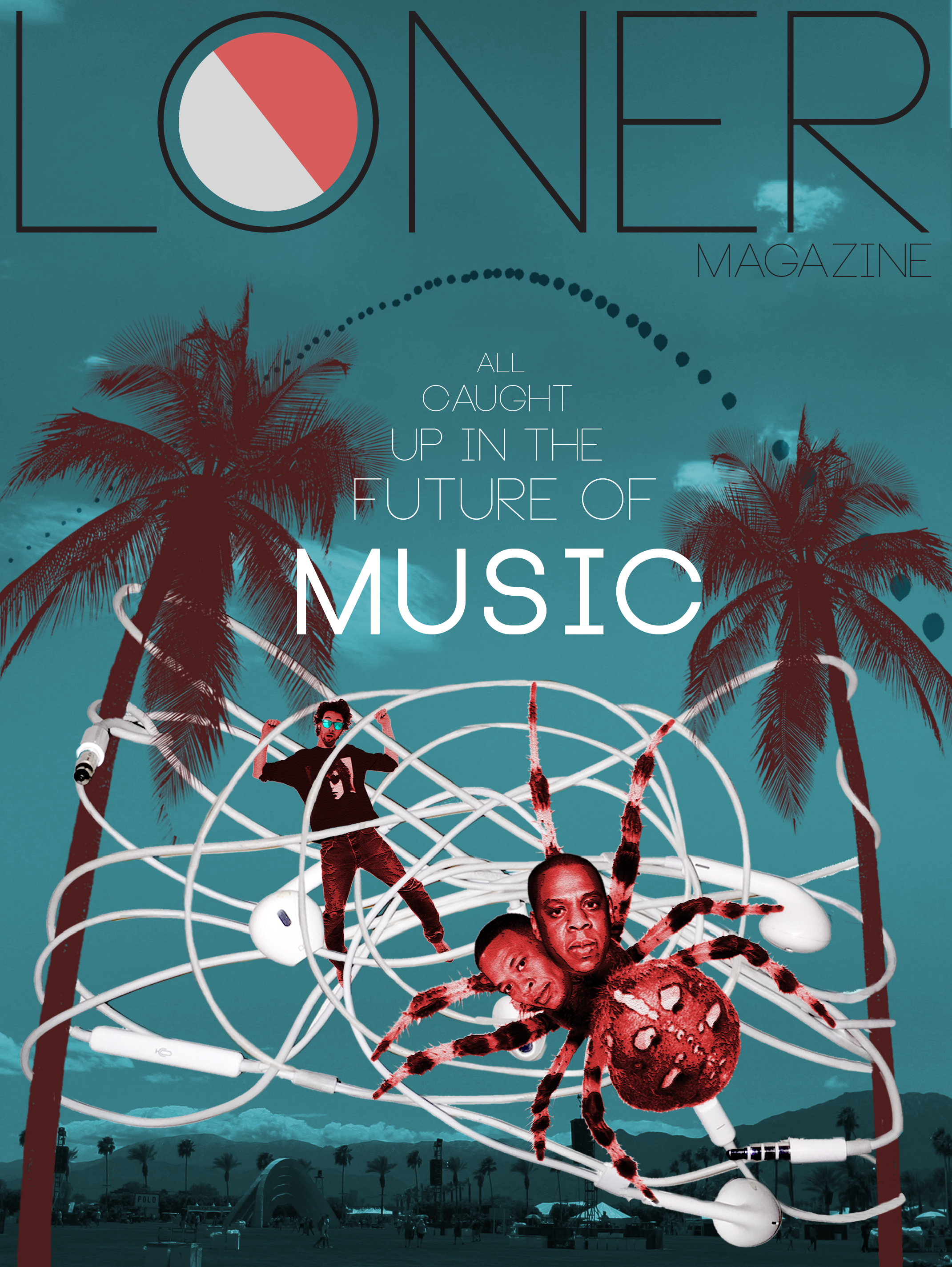Black Churches Matter
In the Academy Award-winning movie Elmer Gantry (1960), the hard-drinking, womanizing, wannabe preacher Elmer wanders into a black church mid-service. Even today’s viewers, long removed from segregation and Jim Crowe, can relate to the suspenseful tension of this scene. It’s eerily reminiscent of the lone white supremacist who found his way into the Mother Emanuel church in Charleston, South Carolina and murdered nine people at a prayer meeting.
A white man in a black church is an anomaly in America, like a gentile trespassing in Solomon’s Temple. It’s a sacred space that feels foreign, and as such is an awkward reminder of white privilege. Black people in a predominately white society have to navigate white culture out of necessity, whereas white people only seem to have limited exposure to theirs, and may insist that it’s the same religion and deep down there are no differences.
But that changed for many upon hearing President Obama’s eulogy of Clementa Pinckney. Like a reverse Elmer Gantry, the President brought the black church to white America through a viral video, closing with a solo of “Amazing Grace”, in which the congregation joined. Most Americans have rarely had this kind of glimpse into the black church. Obama delivered a typical message of Christian grace, but it was distinctly flavored with the African-American experience, including their church history:
“The church is and always has been the center of African-American life, a place to call our own in a too-often hostile world, a sanctuary from so many hardships. Over the course of centuries, black churches served as hush harbors, where slaves could worship in safety, praise houses, where their free descendants could gather and shout “Hallelujah,” rest stops for the weary along the Underground Railroad, bunkers for the foot soldiers of the civil rights movement. They have been and continue to be community centers, where we organize for jobs and justice, places of scholarship and network, places where children are loved and fed and kept out of harms way, and told that they are beautiful and smart and taught that they matter.”
Obama mentioned many hot-button political issues–the Confederate flag, criminal justice, voting rights, job discrimination–not merely because he’s a politician, but because these issues are not out of place in the black church. White America is accustomed to hearing politics in their sermons, too, but historically those politics have had more to do with limiting other people’s rights than with freedom. Republican politicians would be hesitant to give religion as the reason for their political agenda when defending it before the Supreme Court. But the civil rights leaders of the 1960s didn’t just appropriate religious language into a political movement, they brought their existing religious movement into the political realm.

While not everybody watched the whole eulogy, most people have heard the performance of “Amazing Grace”. I was surprised to hear so many nonreligious friends calling it inspirational. It’s particularly remarkable in a generation in which church attendance is down and with a president often criticized by the religious right for his own church attendance. Still, it is a familiar song known to the lapsed and devout alike, even if not regularly heard with this same intonation so characteristic of the black church.
Throughout American history, black music has been carefully curated for American audiences. Minstrelsy and mockery such as blackface were at one time the only exposure white America had to black entertainment. Stars like Lena Horne were completely cut from movies in the South. Entertainers of color usually only received airtime and screen time by singing white-approved music or playing submissive roles. When minority popular music did penetrate the mainstream barrier, it was then whitewashed of its roots, like jazz and rock. “Amazing Grace”, a song written by a repentant slave trader, is a song the white church has always believed it owned. It’s glorious, even transcendent, to hear it sung in the black church, almost like hearing a familiar song sung in another language.

The terms “white church” or “black church” can generate knee-jerk reactions, especially from white Christians. White church not so much–even if the church is 100 percent Caucasian we tend not to think of it as white; however, a predominately black church can’t seem to escape that label. In a country that has successfully desegregated the military and public schools, the continued segregation in one of America’s most sacred institutions is a painful reminder of how deep our racial divide still is. For those who want to insist racism is over and drive out the demons of white guilt, the existence of the “black church” is problematic. They may question why there are still black churches or black schools, failing to understand these came about in a time when blacks were denied the basic rights to learn or worship.
Rather than a relic of a period better forgotten (like, say, the Confederate flag), the black church is a living tradition independently developed over centuries. Although born of necessity during a period of forced separation between races, it is not a perpetuation of that system. It has had its own identity struggles just as integral to the tapestry of church history as the first century martyrs. For instance, white Christians have never had to live with the uncertainty that their church might be burned down because of the color of their skin. African-American Christians are still living this reality, with six church burnings in the South following the Charleston shooting, none of them declared hate crimes and with very little media coverage, prompting the twitter hashtag #WhoIsBurningBlackChurches. The black church has finally been heard by the widest audience in its centuries-long history–and America needs to listen. Black churches matter.
